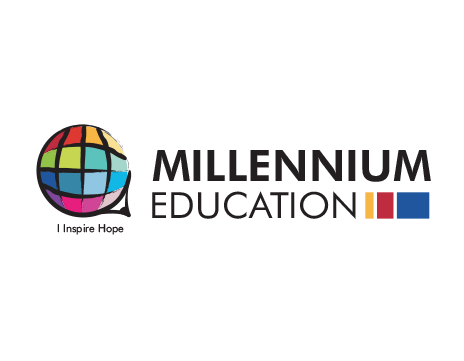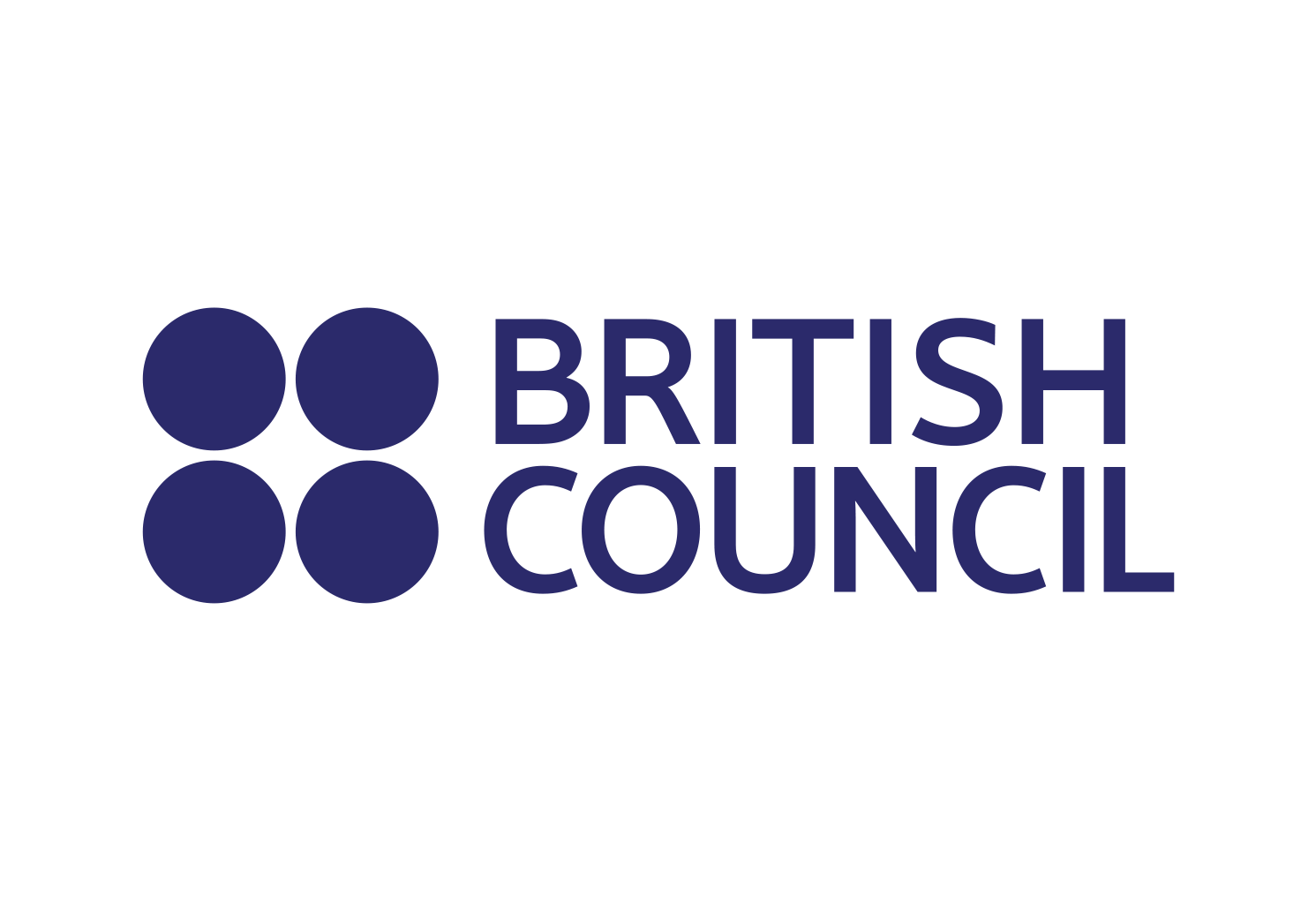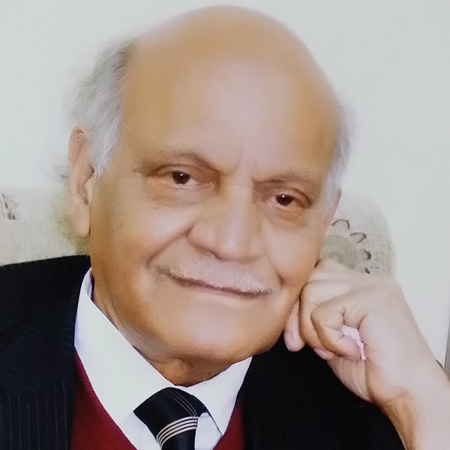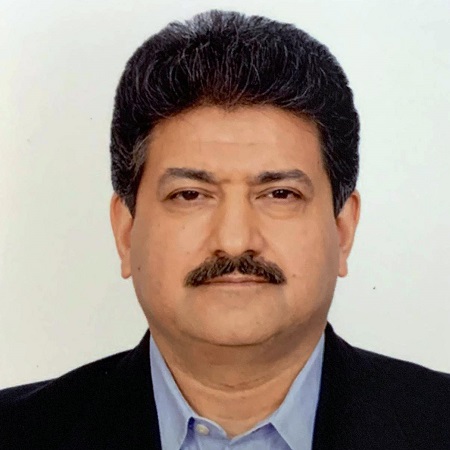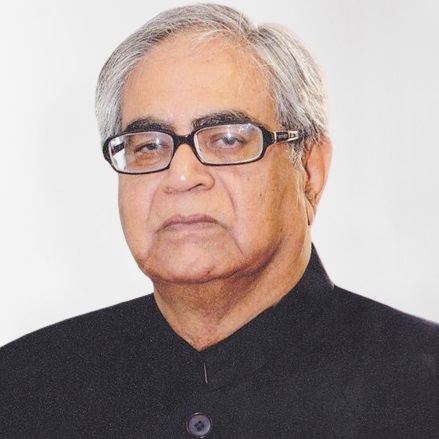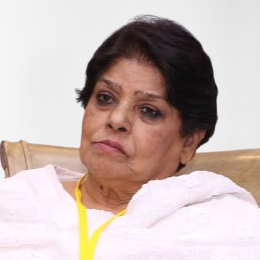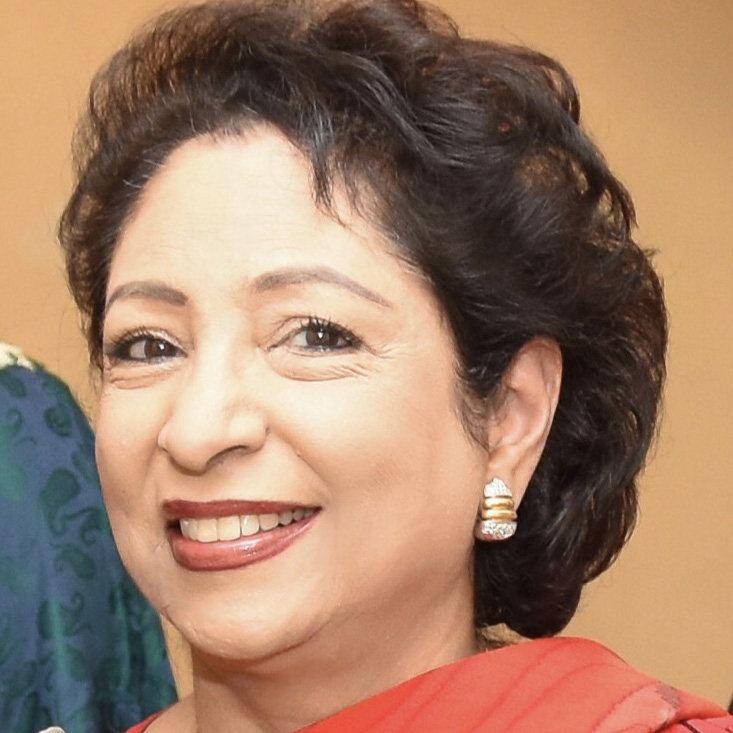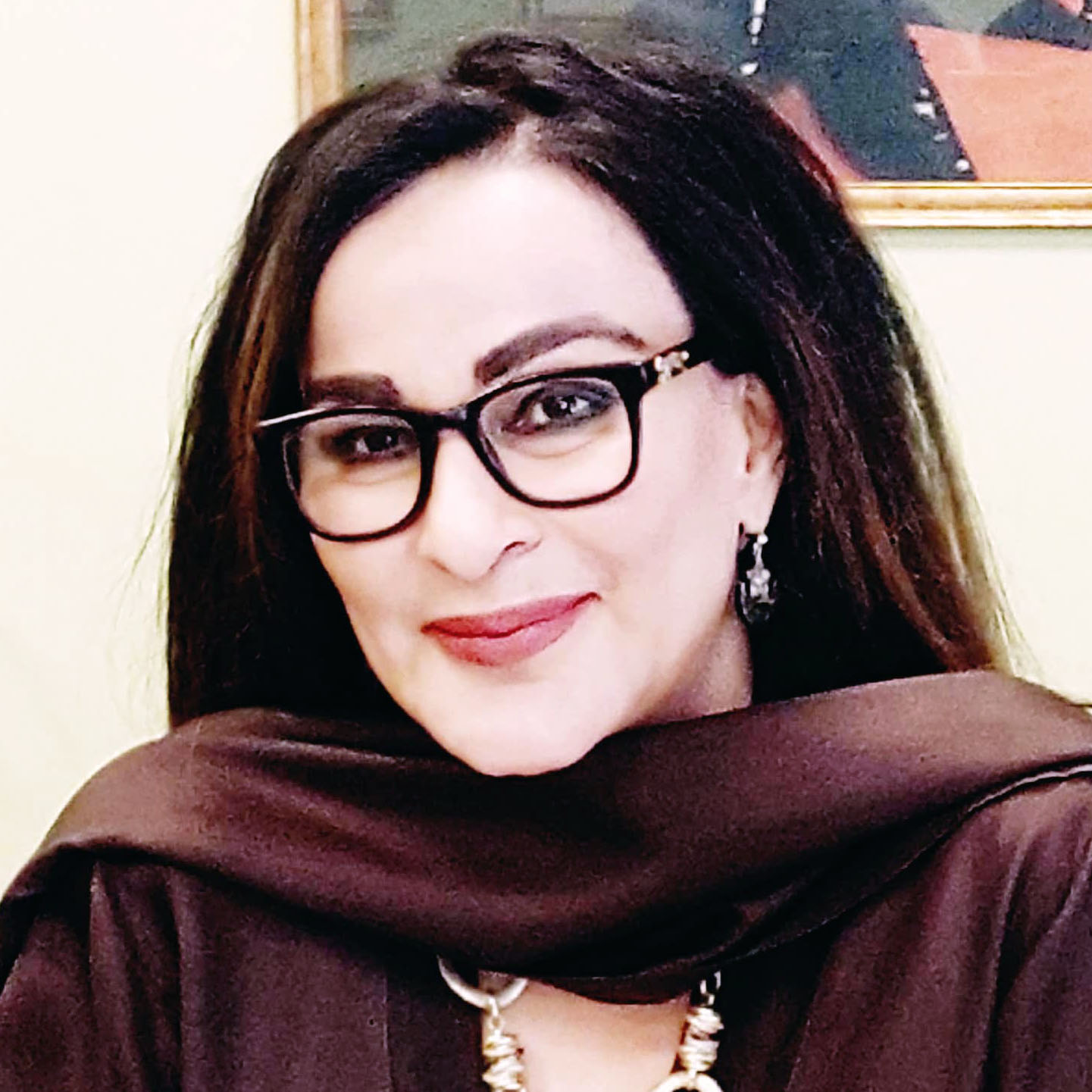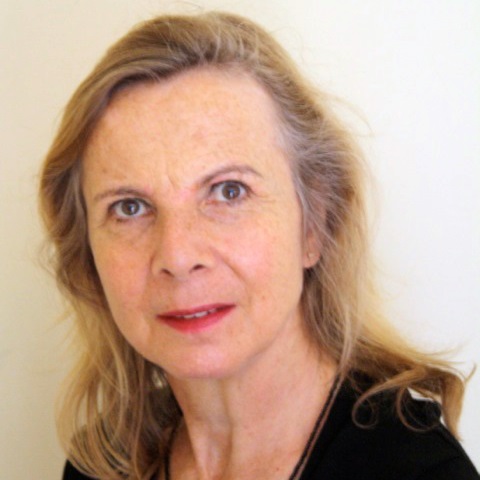The Islamabad Literature Festival (ILF) was launched in April 2013 and has been a resounding success right from the start. Inspired by the Karachi Literature Festival (KLF), the Children’s Literature Festival (CLF) was launched at the end of 2011.
9th Islamabad Literature Festival 2023
#IsbLF
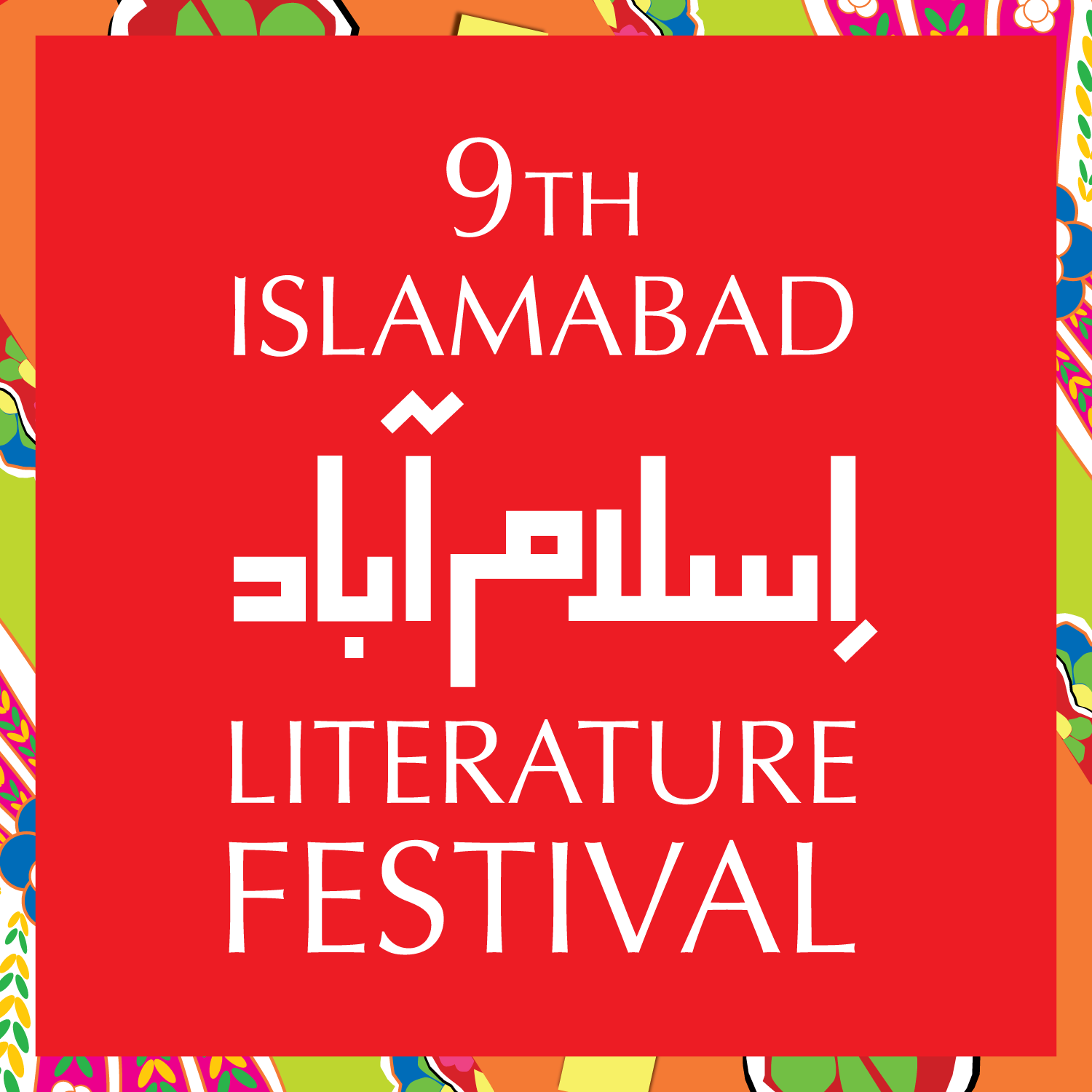
Speakers
9th ILF Programme
-
Day 1
Nov 3, 2023
-
Day 2
Nov 4, 2023
-
Day 3
Nov 5, 2023
- Intizar Husain Auditorium
- Perveen Shakir Hall
- Amjad Islam Amjad Hall


Gandhara Citizen Club, Gate No. 5, Fatima Jinnah (F-9) Park, Islamabad
Arrival of Guests


Welcome Speech by Festival Organizer
Managing Director, OUP Pakistan


Speech by Sponsor:
Managing Director, Getz Pharma Pvt. Ltd.


Keynote Speeches by:
Dramatist, short story writer, and poet

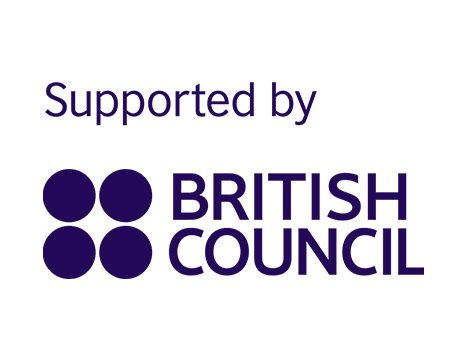
Victoria Schofield


Lao Tou Qatal Nama Mera — A Tribute to Faiz Ahmad Faiz
Performance by Zahshanné Malik


Intizar Husain Auditorium
اقبال : ایک عہد سازشاعر
Recitation by Ahmad Atta


Perveen Shakir Hall
Pakistan's Mangroves: A Forest in Peril


Amjad Islam Amjad Hall
Jinnah’s Vision: Safeguarding Religious Freedom
- Intizar Husain Auditorium
- Perveen Shakir Hall
- Amjad Islam Amjad Hall


Intizar Husain Auditorium
کچھ شعر فقط ان کو سنانے کے لیے ہیں !بیت بازی
Jury: Mehboob Zafar and Nasira Zuberi


Perveen Shakir Hall
Pakistan’s Wars: An Alternate History
By Tariq Rahman


Amjad Islam Amjad Hall
Other Days by Arshad Waheed


Amjad Islam Amjad Hall
Destined to Fail: Democracy and State Building
By Saira Aquil
Zahid Hussain and Saira Aquil


Intizar Husain Auditorium
The Dark Side of Journalism The Culture and Political Economy of Global Media in Pakistan and Afghanistan
By Syed Irfan Ashraf


Perveen Shakir Hall
محمل و جرس: جرس فریاد می دارد کہ بر بندید محمل ہا
Iftikhar Arif, Najeeba Arif, . Tabassum Malihabadi, Farrukh Jamal, Abbas Tabish, and Hoori Noorani


Amjad Islam Amjad Hall
Pakistani Prose and Verse: Exploring Contemporary English Literature


Intizar Husain Auditorium
قیدی از عمرشاہد
Omar Shahid Hamid and Inaam Nadeem in conversation


Perveen Shakir Hall
Ink and Empowerment: Women in Publishing


Amjad Islam Amjad Hall
Grieving for Pigeons: Twelve Stories of Lahore
By Zubair Ahmad
Zubair Ahmad in conversation with Sarwat Mohiuddin


Intizar Husain Auditorium
Democracy, Bureaucracy and Judiciary: Going Beyond the Colonial Entanglement


Perveen Shakir Hall
Al in Education: Empowering Minds, Shaping the Future of Learning


Amjad Islam Amjad Hall
Lahore’s Lost Legacy: Unveiling the Life and Contributions of Sir Ganga Ram


Amjad Islam Amjad Hall
The Other In The Mirror: Stories from India and Pakistan
Sehyr Mirza in conversation with Sharif Awan


Intizar Husain Auditorium
Development Pathways: India, Pakistan and Bangladesh at 75


Perveen Shakir Hall
اردو فکشن کا ارتقا


Amjad Islam Amjad Hall
Fair Assessments: Ensuring Equity and Excellence in Education


Intizar Husain Auditorium
ہنس کر جیو


Perveen Shakir Hall
Investing in Human Capital: Tackling Underdevelopment in Pakistan


Amjad Islam Amjad Hall
Literature and Journalism: A Disconnect


Intizar Husain Auditorium
Feature Film Screening کملی


Perveen Shakir Hall
مشاعرہ
Ahmad Atta, Shakeel Jazib, Akhtar Raza Saleemi, Ghazal Ansari, Farrukh Yar, Anmad Ataullah, Nasira Zuberi, Akhtar Usman, Harris Khalique, Tariq Naeem, Abbas Tabish, Yasmeen Hameed, Muhammad Izharul Haq, Jalil Aali, Ehsan Akbar, Kishwar Naheed


Amjad Islam Amjad Hall
Dandelion Blooms: The Evolution of Islamabad
By Saud Mukhtar


Amjad Islam Amjad Hall
Legacy of Oneness
- Intizar Husain Auditorium
- Perveen Shakir Hall
- Amjad Islam Amjad Hall


Intizar Husain Auditorium
آگ کا دریا : بر صغیر کی کہانی قرۃ العین کی زبانی


Perveen Shakir Hall
Resilient Pakistan: Sociocultural Impact


Perveen Shakir Hall
Securing Pakistan's Interest: Navigating Foreign Affairs and Security Policy


Amjad Islam Amjad Hall
راول راج : راولپنڈی اسلام آباد تاریخ تہزیباسا طیر از سجاد اظہر


Amjad Islam Amjad Hall
جہاں آباد کی گلیاں از اصغر ندیم سید


Intizar Husain Auditorium
Capital Talk: In conversation with Hamid Mir


Perveen Shakir Hall
Harmony across Borders: The Quest for Peace and Security among Neighbours


Amjad Islam Amjad Hall
The Idle Stance of the Tippler Pigeon
By Safinah Danish Elahi


Amjad Islam Amjad Hall
١٩٨٠ کی دہائی کا آ شوب


Intizar Husain Auditorium
Conversations With My Father: Forty Years on a Daughter Responds
By Moneeza Hashmi


Perveen Shakir Hall
سیاہ ہیرے از ثمینہ نزیر


Amjad Islam Amjad Hall
دختر رومی از انعام ندیم


Intizar Husain Auditorium
آؤ ڈرامہ کریں
A Play written by Manto and presented by Swaang Theatre Group


Perveen Shakir Hall
Curriculum, Textbook, High Stakes Assessments: Way Forward


Amjad Islam Amjad Hall
ہماری مٹتی ہوئی زبانیں


Intizar Husain Auditorium
Pakistan's Foreign Policy and Economic Challenges


Perveen Shakir Hall
عشق نامہ شاہ حسین : تصوف، ملامت، سنگیت، کلام از فرخ یار


Amjad Islam Amjad Hall
A Columnist’s Voice: A Conversation about a Life Lived with Passion — Irfan Husain
Video messages: Abbas Nasir and Carmen Gonzalez


Intizar Husain Auditorium
Human Rights: Is there a meaning left?


Perveen Shakir Hall
ترجمہ نگاری کی اہمیت


Amjad Islam Amjad Hall
Music in COVID Times: Album Launch


Amjad Islam Amjad Hall
اے آسمان نیچے اتر از اظہار الحق


Intizar Husain Auditorium
Film: The Power of Storytelling


Perveen Shakir Hall
Business and Economy: Shaping the Way Forward


Amjad Islam Amjad Hall
Voices from the Foothills: Pakistani English Verse


Intizar Husain Auditorium
Closing Ceremony
Vote of Thanks by: Mohammad Mikail Somro, Manager Corporate Communications, Getz Pharma Pvt. Ltd Abeera Dilawar, PR Director, Capital Development Authority (CDA) Arshad Saeed Husain, Managing Director, Oxford University Press Pakistan


Ghazal Night
Art Exhibition: The Day After
Organised by Beaconhouse National University (BNU)
Supported by Friedrich-Ebert-Stiftung (FES)
Curator: Quddus Mirza
Co-curator: Ammar Faiz
Art Exhibition: The Lost Lullaby of Mother Earth
Exclusive Art Exhibition by Fauzia Minallah
Official Sponsors










